South Korean court finds both Apple and Samsung guilty of patent infringement
While the win for both parties comes with slight financial damages equivalent to a slap on the wrist, the court decision could be a sign of things to come in a high-stakes U.S. federal case as the two suits involve the same issues, reports The Wall Street Journal.
Especially telling was the three-judge panel's ruling that there was "no possibility" that a consumer would confuse the two companies' smartphones, and that Samsung's UI iconography doesn't infringe on Apple's patents. The two claims are at the heart of the Cupertino tech giant's U.S. case. The final tally had Apple infringing on two Samsung patents, with Samsung infringing on one Apple property.
Samsung was found in violation of Apple's "rubber-banding" patent, a point of contention in the counterpart U.S. suit that saw hours of expert witness testimony as counsel tried to sway jury opinion. The judgment stopped South Korean sales of Samsung's Galaxy S, Galaxy S II and Galaxy Nexus smartphones and Galaxy Tab and Galaxy Tab 10.1 tablets.
Apple was ordered to stop sales of the iPhone 4 and iPad 2 for infringing on two Samsung wireless technology patents.

The iPhone 4 and iPad 2 were still up for sale on Apple's Korean website as of Friday. | Source: Apple
The Korean electronics giant sued Apple in its home country in response to the iPhone maker's April 2011 suit that claimed Samsung copied the look and feel of the iPhone and iPad. A long list of complaints and countersuits followed and grew to become the worldwide court struggle the two companies face today.
While it may appear the Seoul court had trouble coming to Friday's decision, the Journal notes cases going through South Korea's trial system must endure a slow and laborious road to judgment. Cases are brought to a panel of judges and hearings are infrequent. Protocol is similar to other court systems around the world as judges hear arguments and ask questions of attorneys, but South Korean disputes involve comparatively less evidence. Apple and Samsung reportedly met in court an average of once a month with the sessions lasting only one or two hours.
As far as damages, Apple was ordered to pay out 20 million won, or $17,650 for each patent violation for a total of $35,300, while Samsung is to pay 25 million won, or $22,000 for its infringement. The numbers are far from the 100 million won, or about $90,000, each company sought at the start of the trial.
The Seoul court's ruling may be different than jury findings in the U.S. case, but the stakes in the California suit are substantially higher as that outcome could see damages and revenue repercussions from possible injunctions add up to billions of dollars in losses. The U.S. trial is currently in jury deliberations after closing arguments wrapped up on Tuesday.
 Mikey Campbell
Mikey Campbell













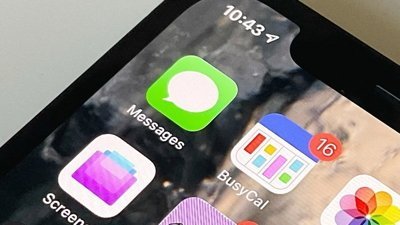
 Andrew Orr
Andrew Orr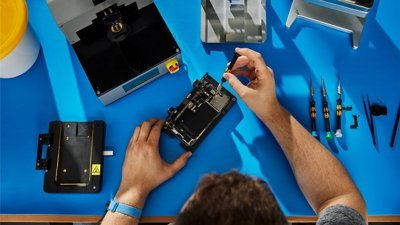
 Marko Zivkovic
Marko Zivkovic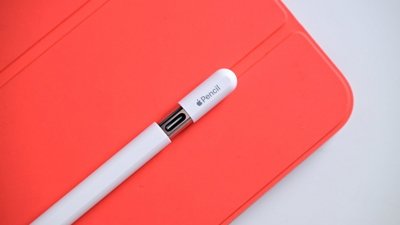
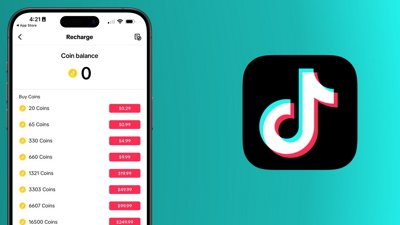
 Wesley Hilliard
Wesley Hilliard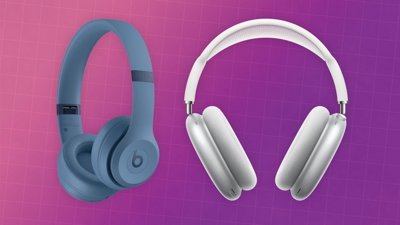
 Malcolm Owen
Malcolm Owen
 Amber Neely
Amber Neely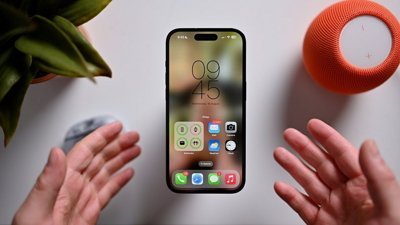
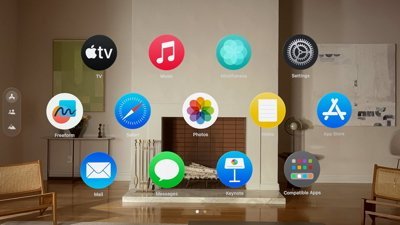
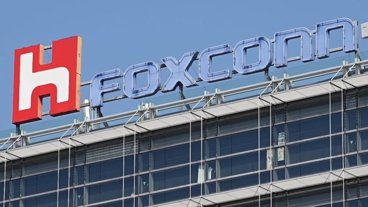






77 Comments
So if none of the products are the latest products from each company, it's just business as usual plus probably some demand to license the patents in question in Korea.
Regardless of this opaque ruling...l According to this article, Samsung produces 20% of Korean GDP. http://www.theatlantic.com/business/archive/2012/07/whoa-samsung-is-responsible-for-20-of-south-koreas-economy/260552/ Samsung has been accused of bribing Judges and Politicians. Samsung former bigwig got 3 years suspended sentence and $100 million + fine, and now he's in charge of their Olympic committee overseeing the upcoming games that they are hosting (2018? Winter?)
No surprises here.
[quote name="jcallows" url="/t/152103/south-korean-court-rules-apple-samsung-guilty-of-patent-infringement#post_2174300"]No surprises here. [/quote] I think there is. From what I've been told Samsung is king in SoKo (did I just coin that?) and patent infringement doesn't seem as strict as in the US and yet they found them guilty of infringing on the[I] big bad American company[/I]. It could be construed that they threw Samsung a bone. To me, that sounds like it really bodes well for the US trial.
Rubber banding is a good patent to have hold of. Using any android phone without it seems cheaper and nastier than the rest of them